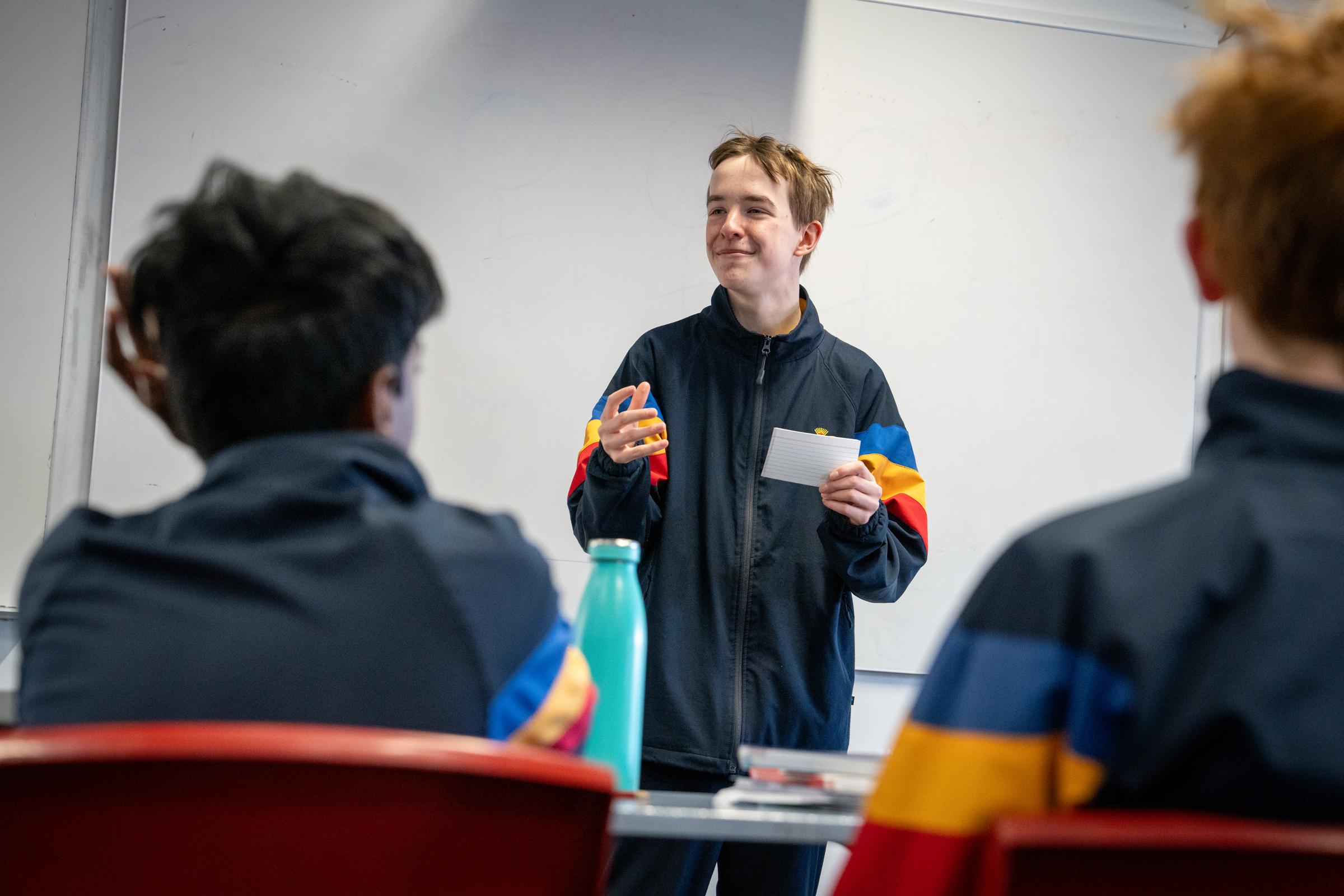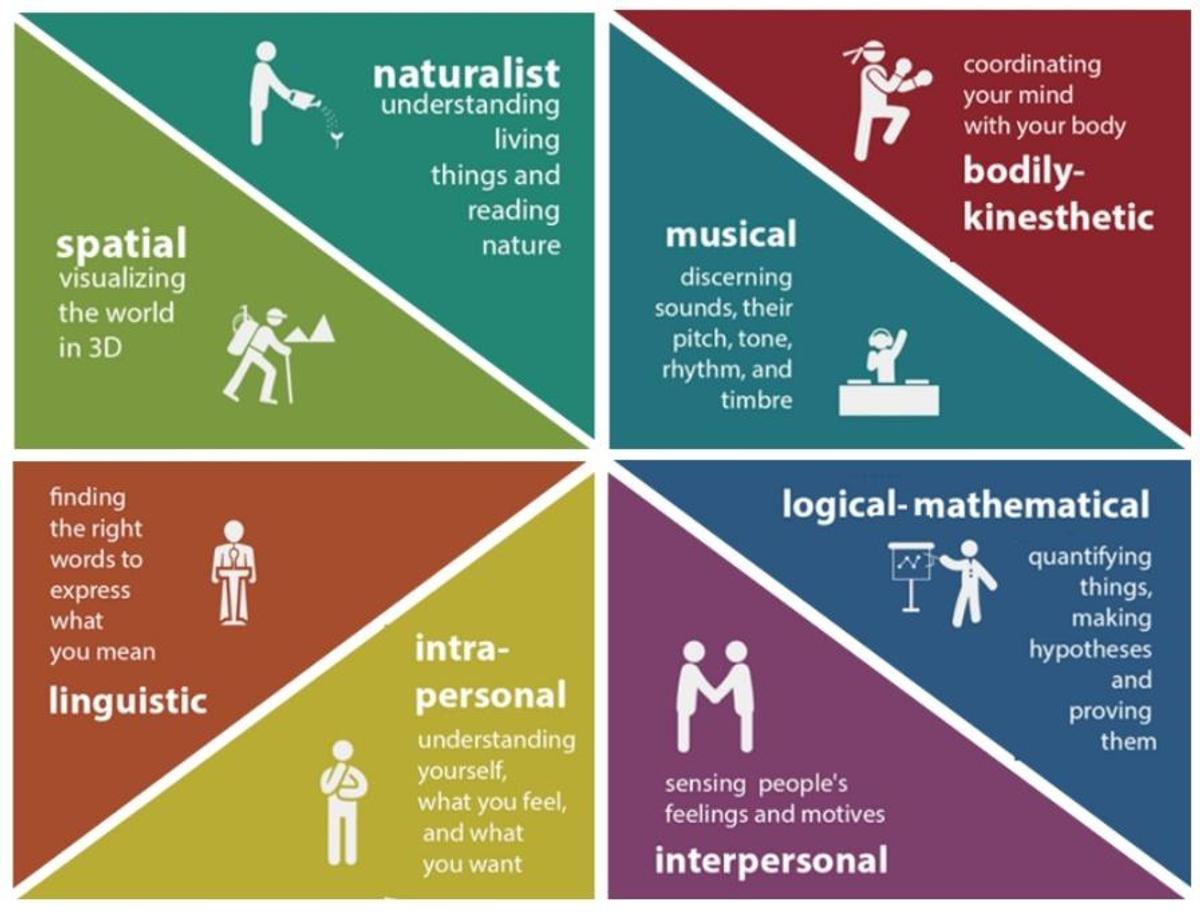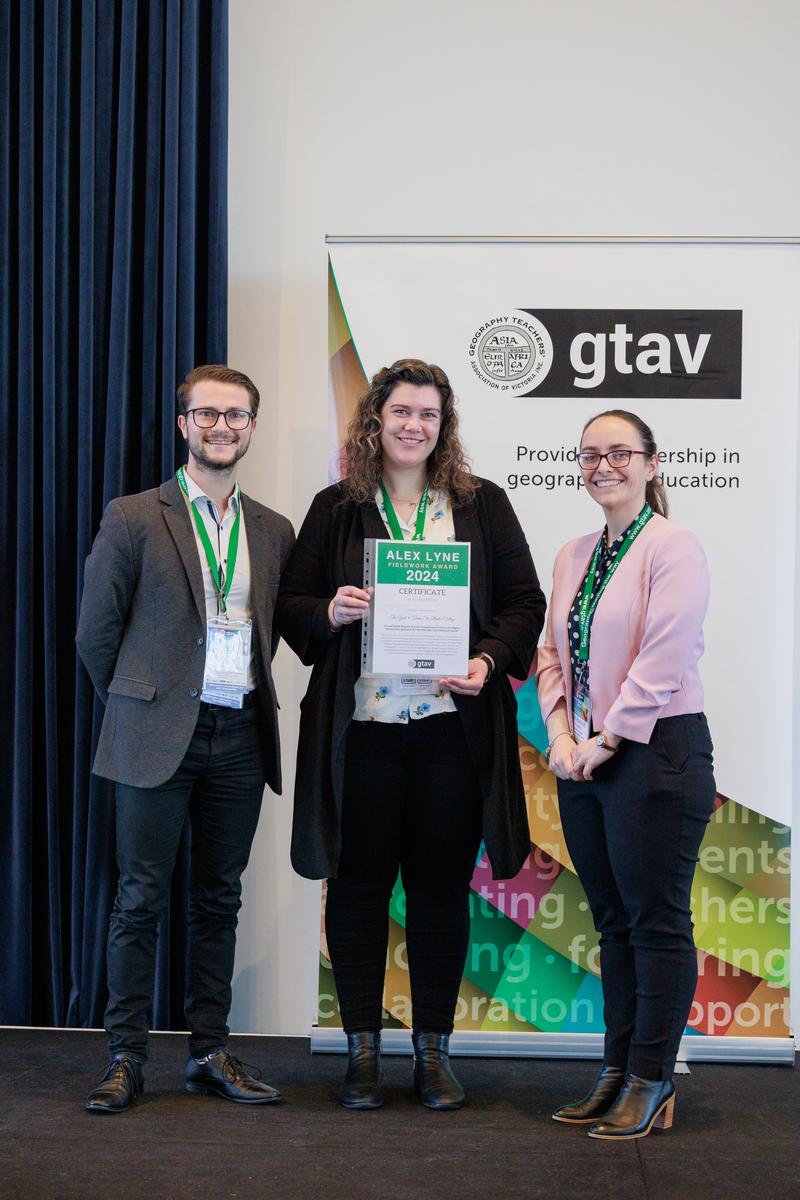Teaching and Learning

Classroom Snapshots - Humanities (Year 7)
This series highlights what we as teachers are learning and how students are demonstrating their knowledge.
Engineering tasks and activities that elicit evidence of learning
In Year 7 History with teacher Sarah Williams - Learning and Teaching Leader, our students are engaging with the Ancient World, initially Ancient China. There are lots of key terms, concepts and names of figures who made historical impact during this period. For a Year 7 student, this means there is a lot to learn and skills to gain in their first semester of History!
In terms of the principles of formative assessment (as we have previously written about in our snapshots series), tasks and activities covers many possibilities. A central idea of task design is ‘responsive teaching’. Instructional teaching must be highly interactive, so that teachers are gaining feedback from their students about how well their tasks for the course material in hand are forming. We also get an idea of how confident students are becoming at retrieving information and using what they have learned in assessment contexts. The challenge for teachers is to involve as many students as possible, which leads to the need for good knowledge-check routines where the ratio of student involvement is high, and the information received has useable evidence of learning.
An established knowledge-check routine for Year 7 students is 15 minutes of Home Learning for core subjects each evening. Sarah and the Humanities Learning Area have designed home learning tasks that incorporate Gardner’s theory of Multiple Intelligences. Here, the ability for students to have choice over the type of task they choose to complete - whether it be from an interest point of view, or what they are ‘good at’ - is aiming to involve as many students as possible.
For example, for a student who possesses a logical-mathematical intelligence, they were tasked with the following:
Pick at least five weapons used in ancient Chinese warfare. Explain the logic behind them and how they might aid a soldier during a battle. Suggest the weakness of using each weapon as well and try to source a photograph or sketch an image of that weapon to accompany your explanation.
For a student who is possesses an intrapersonal intelligence, they were tasked with the following:
Reflect on the idea of defense and protection in your own life. Write about or discuss how you protect yourself (emotionally or physically) and compare this to the purpose of the Great Wall. How do these ideas connect?
Sarah reflected on the types of tasks students chose to complete and found that that students were more comfortable using their linguistic intelligence. In eliciting evidence of learning about the Great Wall and warfare in Ancient China, these activities are formative in their task design and intelligent in incorporating other learning theories. Sarah can see where students’ strengths lie and where they need further support.
Amy Collins
Learning and Teaching Leader
2024 Alex Lyne Fieldwork Award
Congratulations to the Year 8 Geography teaching team, who has been recognised as one of only two Highly Commended applicants for the 2024 Alex Lyne Fieldwork Award.
This is a significant achievement, and we are incredibly proud of their dedication and hard work. This team - expertly led by Meaghan Ryan and Kirk Thompson - recognised the exceptional quality of their work.
This award is presented annually to Geography teachers whose fieldwork initiatives challenge and engage students in creative ways. The award is determined by a subcommittee that reviews submissions based on best practices in Geography teaching, the range of primary data collection techniques, and the suitability of the fieldwork to the target year level.
The winner's work may be published in the Geography Teachers Association of Victoria (GTAV) Interaction or other publications. Meaghan and Kirk were presented this award at the GTAV annual conference.
Fittingly, Meaghan and Kirk received this commendation on the same day they presented at the conference, leading a session titled ‘From one Learning Area Leader to Another’, which highlighted their co-leadership in Humanities over the past three years.
Well done to the Year 8 Humanities team on this outstanding recognition! Congratulations Nick Anderson, Bernie Blackall, Dan Bellis, Wendy Grogan, Vicky Karakatsanis, Brenden Mair, Dan McMahon, Sueleen Snelling and Fleur White-Reid.
Courtney Stammers
Deputy Principal - Learning and Teaching (Acting)


